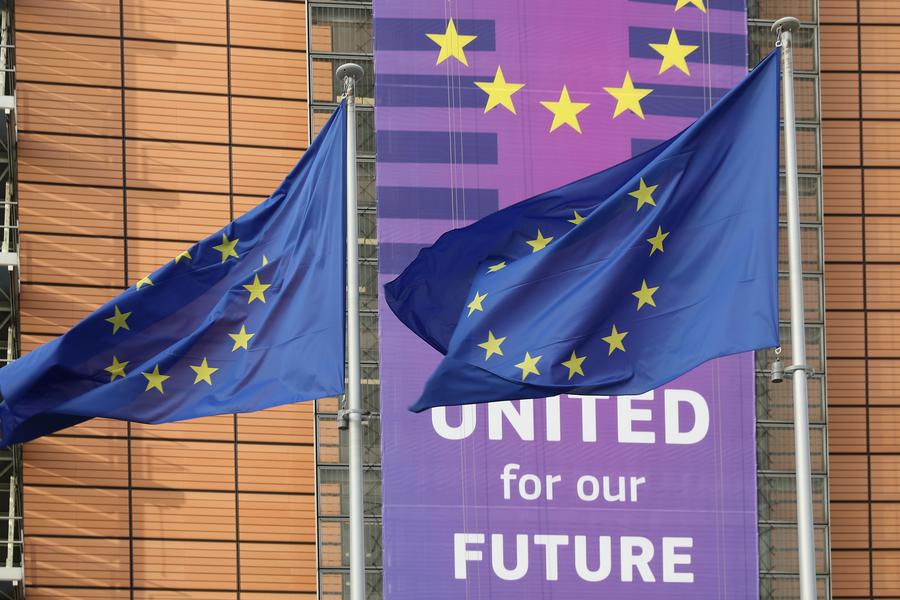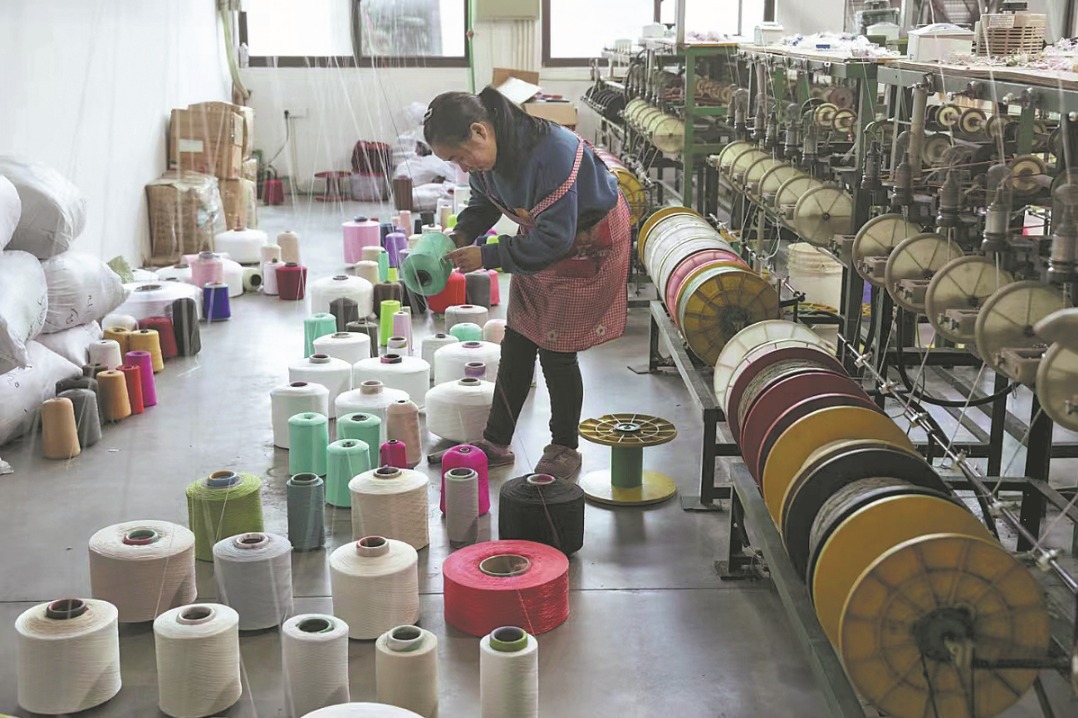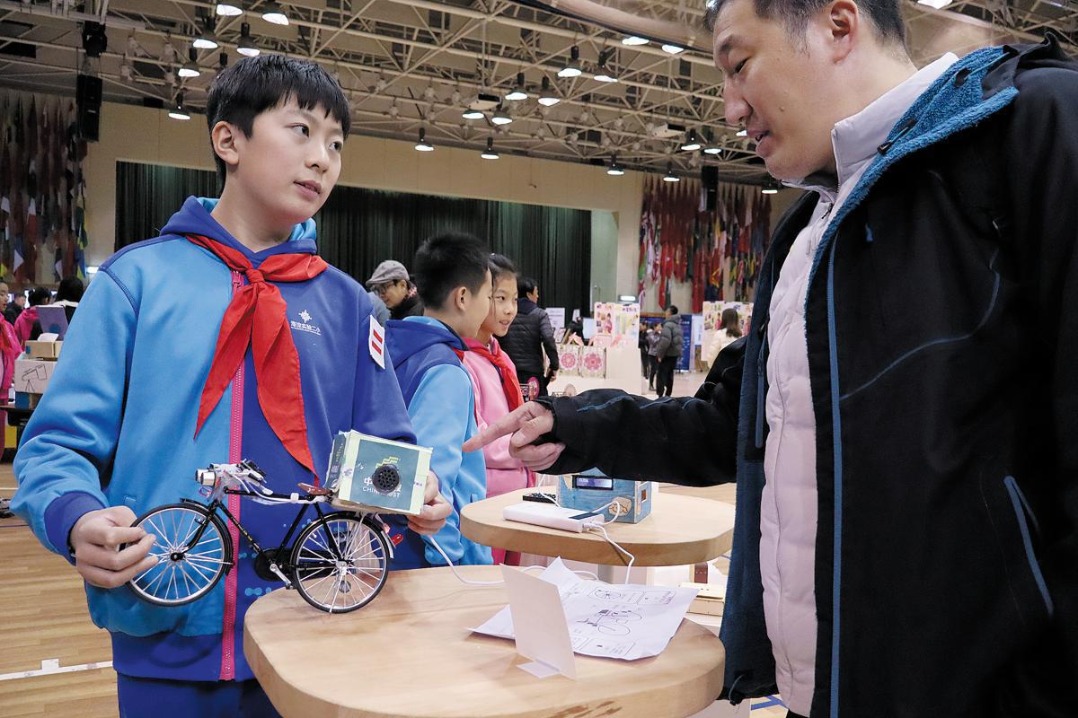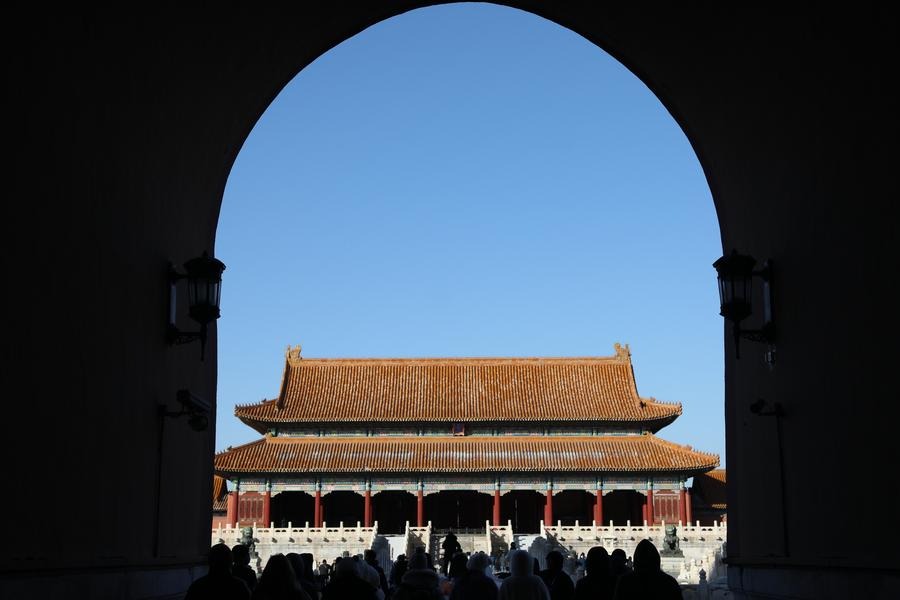Diplomacy, wisdom are desperately needed to help end the Ukraine crisis


In the past more than three years, I have written many columns arguing that the only solution to the Russia-Ukraine conflict can be found through a ceasefire, followed by peace talks and diplomatic maneuvers — the conflict cannot be resolved on the battlefield.
The same has largely been the stance of most countries, from China and Brazil to South Africa and Indonesia. However, my argument has often been labeled by many in the West as an attempt to appease Russia.
China's position document on the political settlement of the Ukrainian crisis, issued in February 2023, and the shuttle diplomacy conducted by its special envoy for Eurasian affairs Li Hui over the past years have also been ignored by the United States and its allies in Europe.
Most NATO, G7 and European Union leaders had been parroting what former US secretary of state Antony Blinken kept repeating: that the US and its allies should not support a ceasefire or peace talks to end the Ukraine crisis until Kyiv gains strength and can negotiate on its own terms. Blinken insisted that a ceasefire would simply freeze the existing territorial lines.
It is an open secret that the Russia-Ukraine peace talks, which had been progressing well in Istanbul in April 2022, were sabotaged by then US and British leaders. Since then, any EU leader who tried to reach out to Russia has been lambasted for his or her attempts to "appease" Moscow. Such leaders include Slovakian Prime Minister Robert Fico who visited Moscow this month and Hungarian Prime Minister Viktor Orban who visited Moscow last year following his trip to Kyiv.
Hence, it is quite amazing to hear European leaders calling for an unconditional ceasefire and supporting direct talks between Russia and Ukraine, like the one that was held in Istanbul last week. Nevertheless, it was a good move despite the contradictory stance many European leaders had taken earlier. The EU changed its stance after the incumbent US administration dramatically altered its policy toward the conflict. US President Donald Trump had vowed to end the conflict during his 2024 presidential campaign. He talked with Russian President Vladimir Putin on Monday for two hours, something that Trump's predecessor, Joe Biden, had never done.
There is still no sign of EU leaders trying to reach out to Russia, though, in a bid to facilitate a ceasefire and peace talks. All they have done is to promise more military aid to Ukraine and threaten Russia with new sanctions if the latter didn't toe their line.
The EU foreign ministers' meeting in Brussels on Tuesday approved the 17th round of sanctions against Russia, this time targeting its so-called shadow fleet of oil and gas tankers, with European Commission President Ursula von der Leyen saying Brussels is already preparing the 18th round of sanctions against Moscow.
If sanctions were a silver bullet, those "crippling" Western sanctions imposed on Russia over the past three years would have achieved the desired results. That clearly has not been the case. The new EU sanctions, however, are set to be less effective because the incumbent US administration has said it won't be a party to the move.
Worse, Trump said on Monday that Russia and Ukraine had agreed to "immediately" hold ceasefire talks, with US Vice-President JD Vance and Secretary of State Marco Rubio indicating recently that the US would abandon efforts to end the conflict if no progress is made in the talks.
If a country wants to help end the Russia-Ukraine conflict through ceasefire, dialogue and diplomacy, it has to treat the other side, despite the other side being its "adversary", respectfully, instead of issuing threats and ultimatums.
The conflict has caused untold sufferings not just in Ukraine and Russia, but also in Europe as well as the rest of the world. To end those sufferings and settle the conflict once and for all, more active diplomacy is badly needed.
chenweihua@chinadaily.com.cn

The author is chief of China Daily EU Bureau based in Brussels.


































